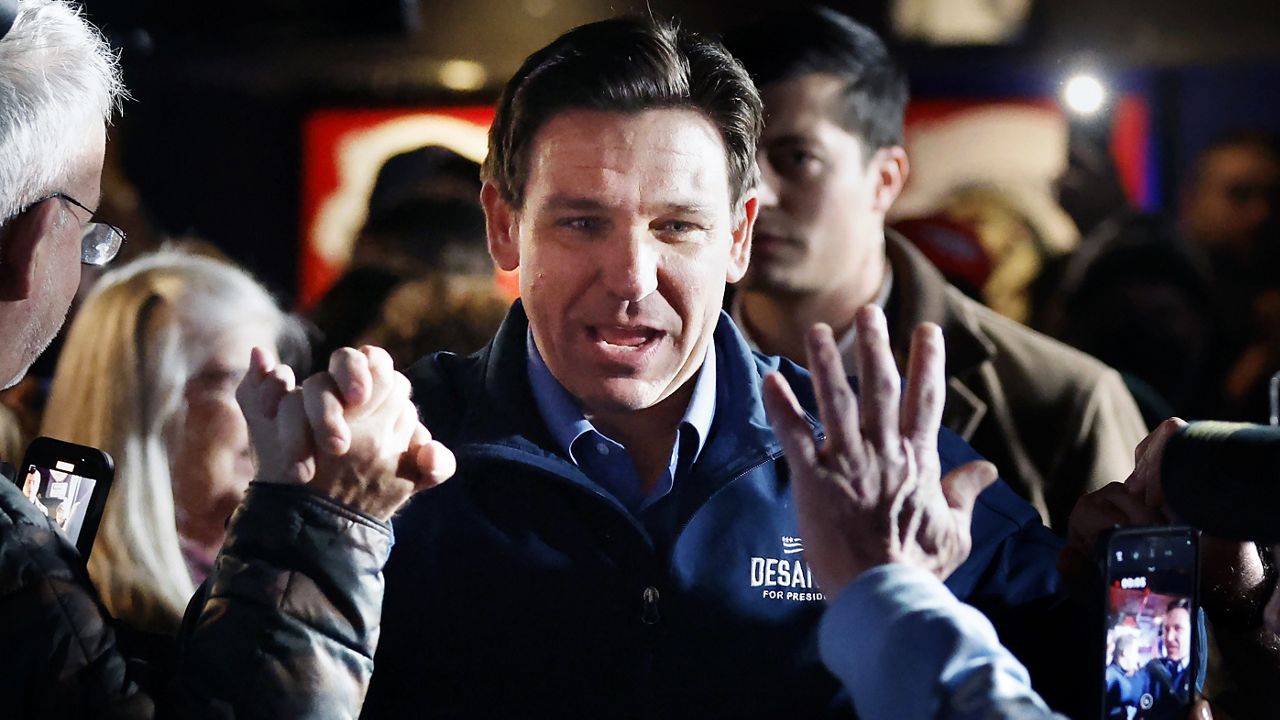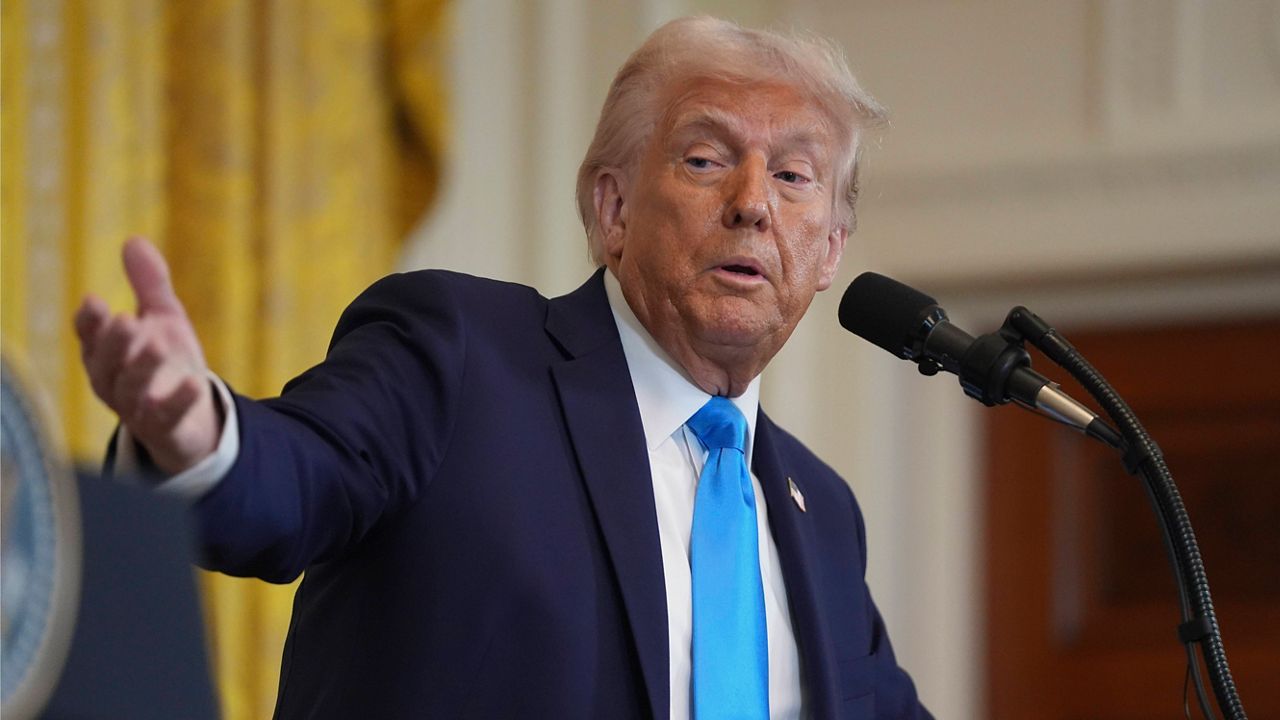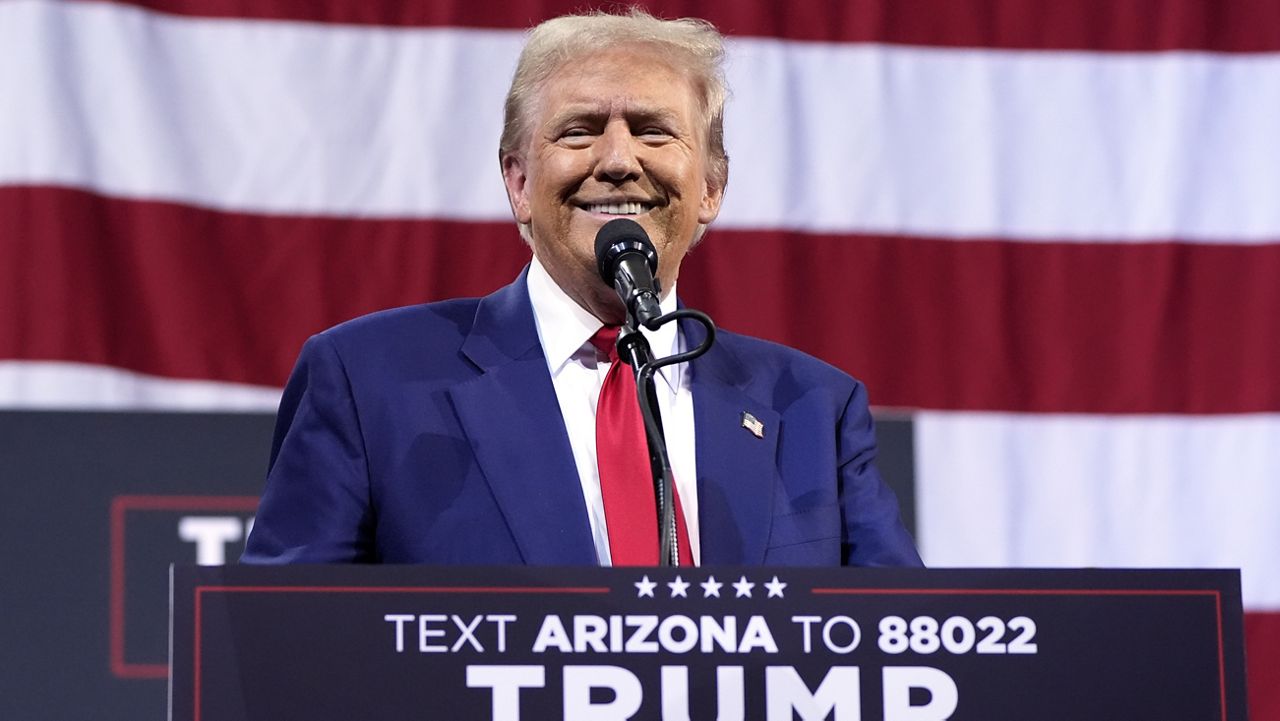Florida Gov. Ron DeSantis has decided to shift his presidential campaign away from New Hampshire just six days before the state's first-in-the-nation Republican primary, a move that reflects his narrowing path to the 2024 GOP nomination.
What You Need To Know
- Florida Gov. Ron DeSantis is shifting his presidential campaign away from New Hampshire just six days before the state's first-in-the-nation Republican primary
- DeSantis will instead reallocate the majority of his staff to South Carolina, the home state of rival Nikki Haley, and its primary in February
- The moves were confirmed by a senior campaign official speaking on the condition of anonymity to share internal strategy
- The strategic shift by DeSantis comes after he finished a distant second to front-runner Donald Trump in Iowa's caucuses
DeSantis will instead reallocate the majority of his staff to South Carolina, the home state of rival Nikki Haley, with its primary in just over a month.
The moves were confirmed by a senior campaign official speaking to The Associated Press on the condition of anonymity to share internal strategy. CBS first reported the news.
The strategic shift by DeSantis underscores his weakness in the 2024 Republican nomination race after he finished a distant second to front-runner Donald Trump in Iowa's caucuses Monday. DeSantis had made Iowa the centerpiece of his White House bid, yet Trump bested him by 30 percentage points there. Haley finished 2 percentage points behind DeSantis.
A CNN/University of New Hampshire poll conducted this month suggested that Haley could be approaching Trump's top spot in the state. About 4 in 10 likely Republican primary voters in New Hampshire choose Trump, while about one-third picked Haley.
Trump spokesperson Steven Cheung said in response to the governor's shift, "DeSantis is still running?"
DeSantis sidestepped a voter's question about the lack of attention on New Hampshire as the candidate campaigned in the state Wednesday. He was set to return to Florida later in the day before making stops in South Carolina over the weekend.
DeSantis, when asked about his New Hampshire plans, said of Haley, ""I think her credibility is shot."
It was unclear whether DeSantis would return to New Hampshire at all before the Tuesday primary.
By shifting toward South Carolina, DeSantis' team is trying to take advantage of Haley's perceived weakness in her home state, where Trump appears to have a significant advantage over both of them. Yet DeSantis' allies believe that Haley will be forced to drop out of the race altogether if she loses South Carolina's Feb. 24 primary, giving DeSantis an opportunity to reemerge as a viable Trump alternative heading into the series of primary contests on March 5 known as Super Tuesday.
It's a risky strategy at best.
DeSantis made no mention of his decision when he held his first post-Iowa caucus event Wednesday in Hampton, New Hampshire, a seacoast town where the beach bars and souvenir shops were buried under piles of plowed snow.
Tom O'Keefe, a retired engineer from nearby Nottingham, said he was a past Trump voter but felt like the Florida governor or Haley, a former U.N. ambassador, might offer a better chance of beating Democratic President Joe Biden in November.
O'Keefe said DeSantis has not invested as much time in New Hampshire as he did in Iowa, which complicates his chances of winning here with less than a week to go.
"I wish he really could, but I don't feel like he has it, and he doesn't have much time," O'Keefe said about DeSantis' pulling off a New Hampshire upset. "I'm saying a prayer that he will."








